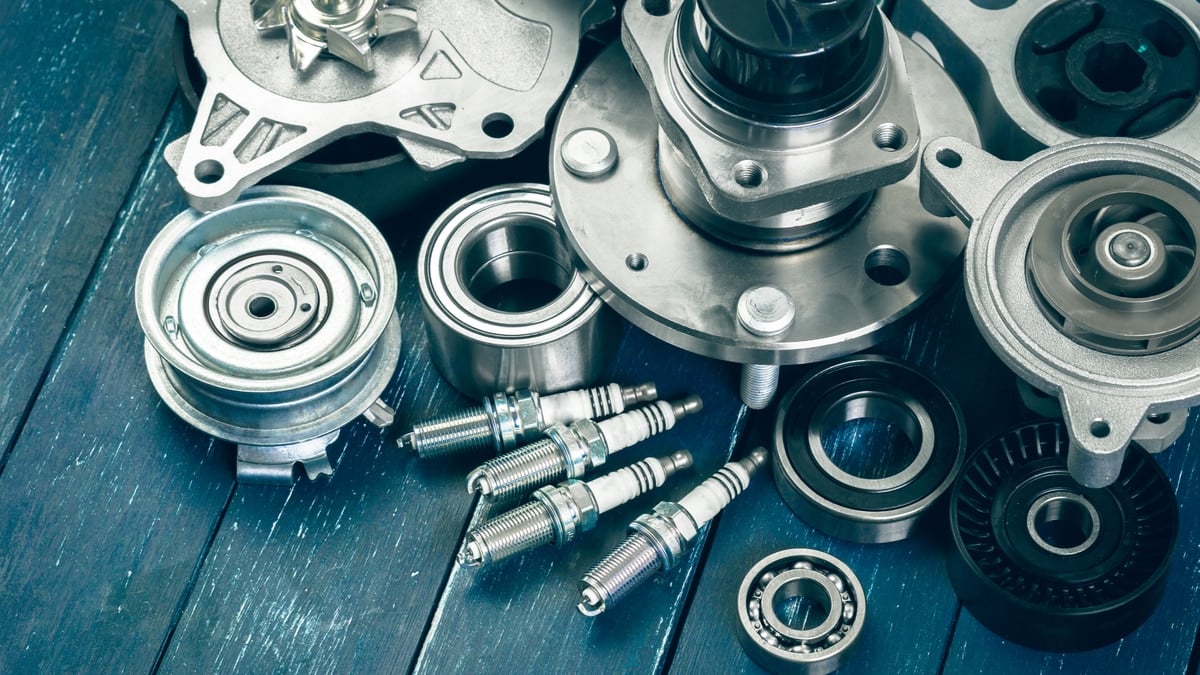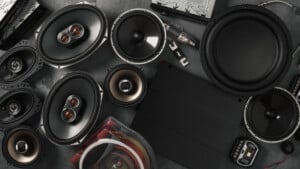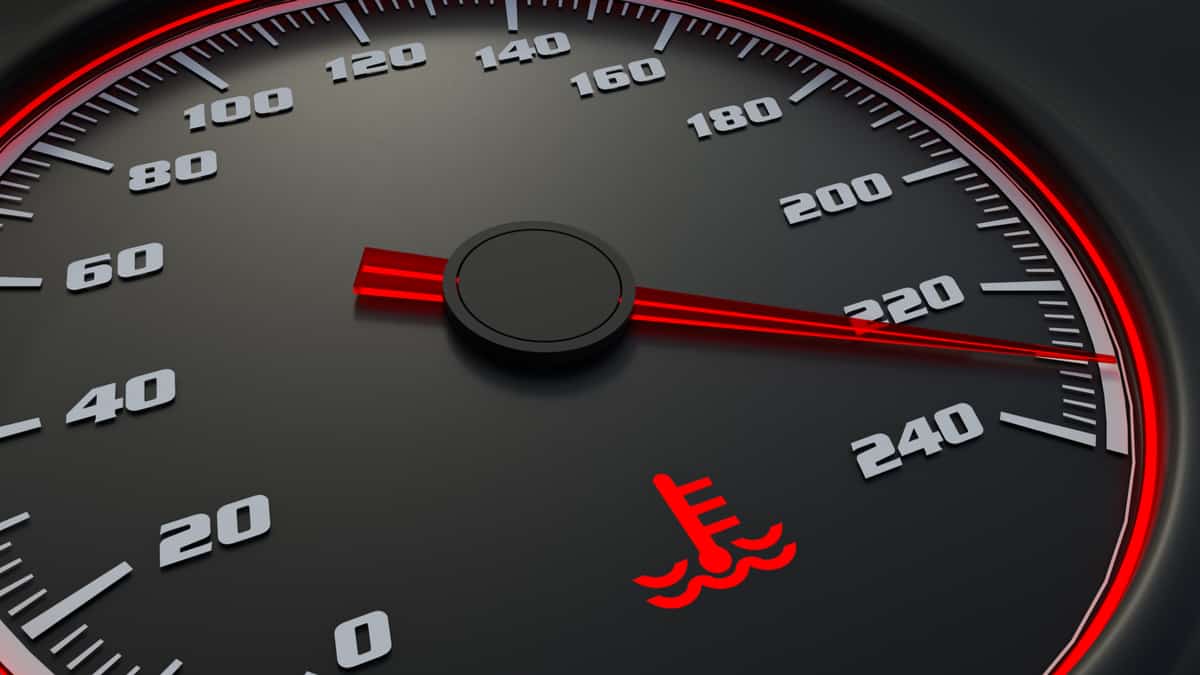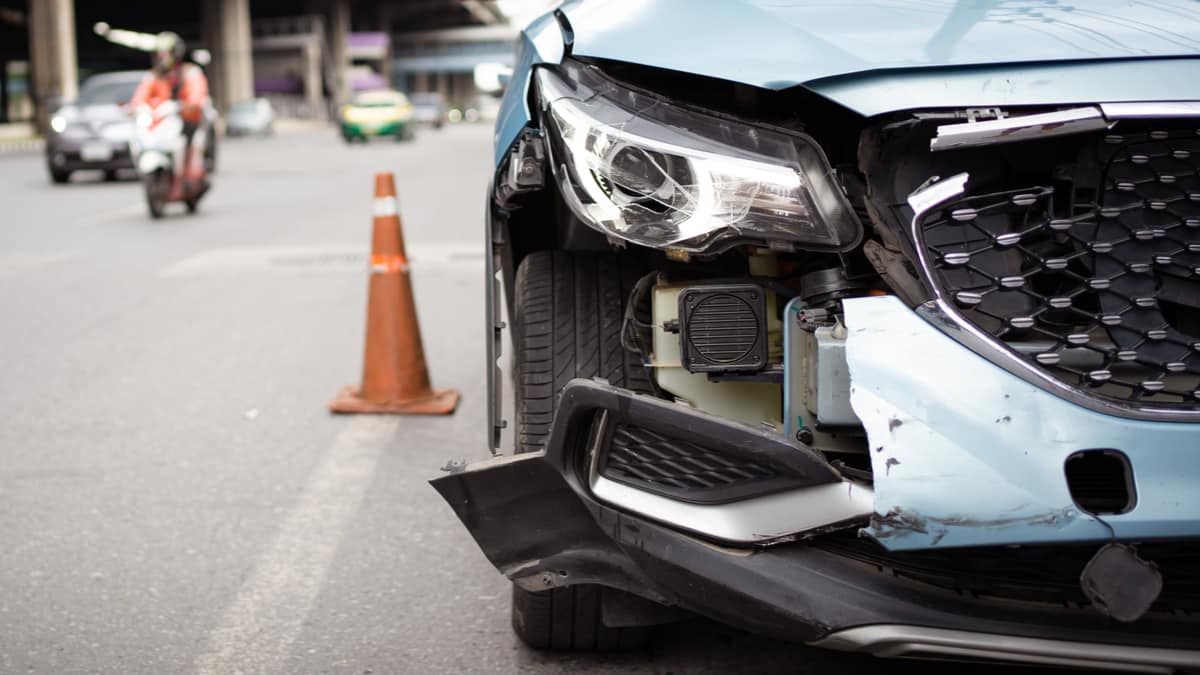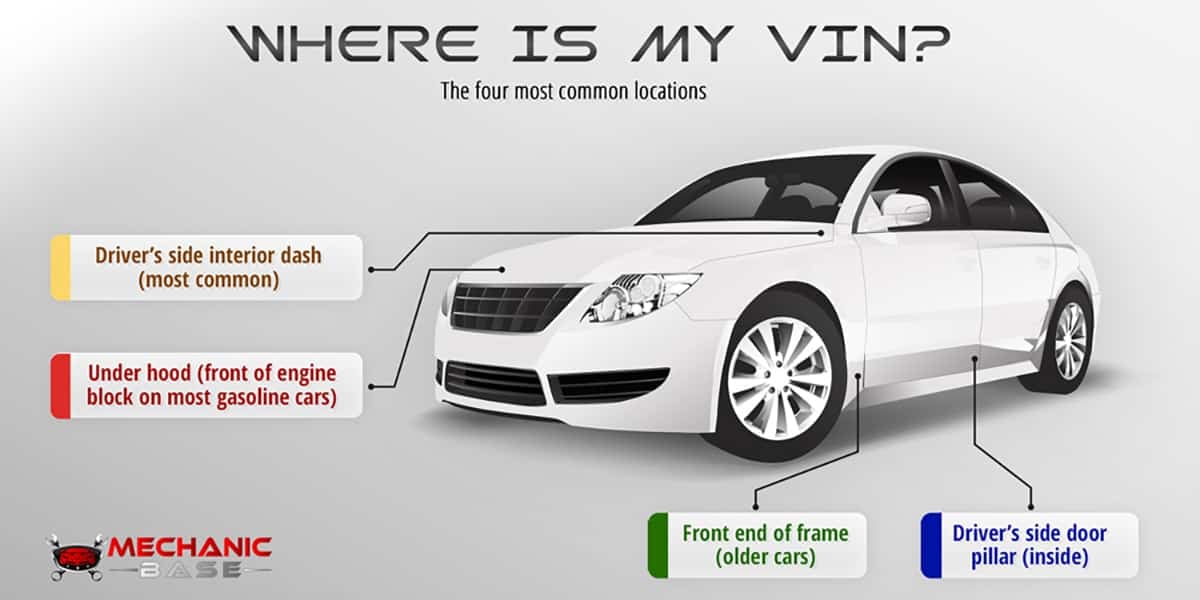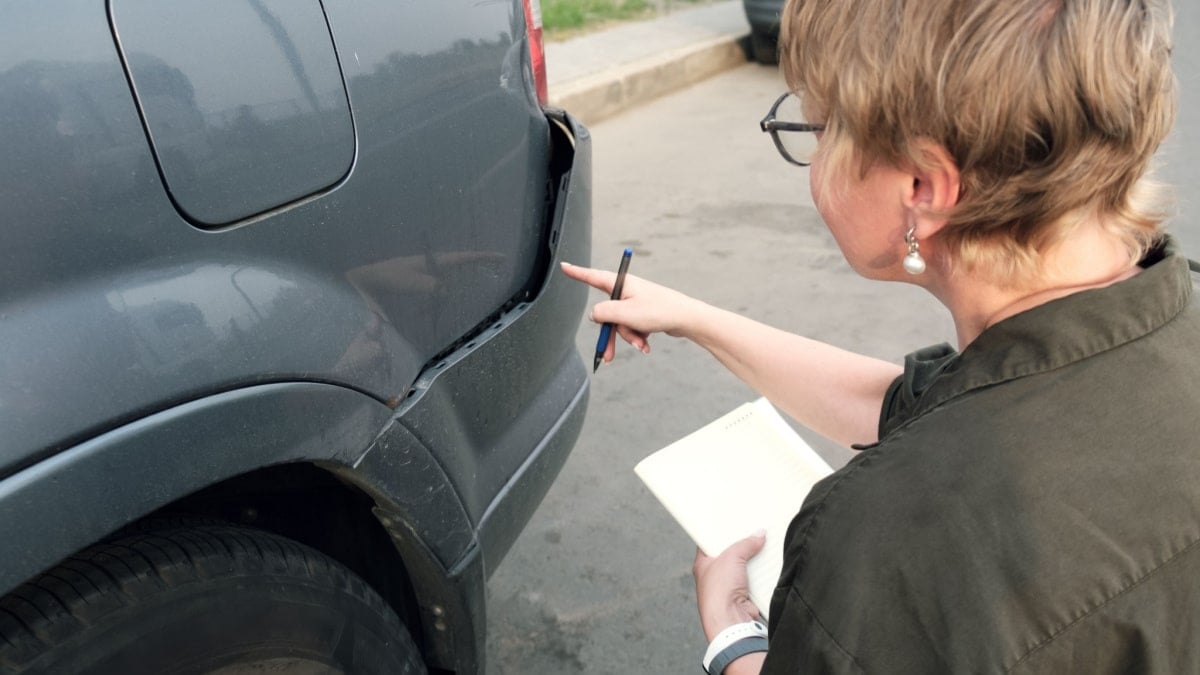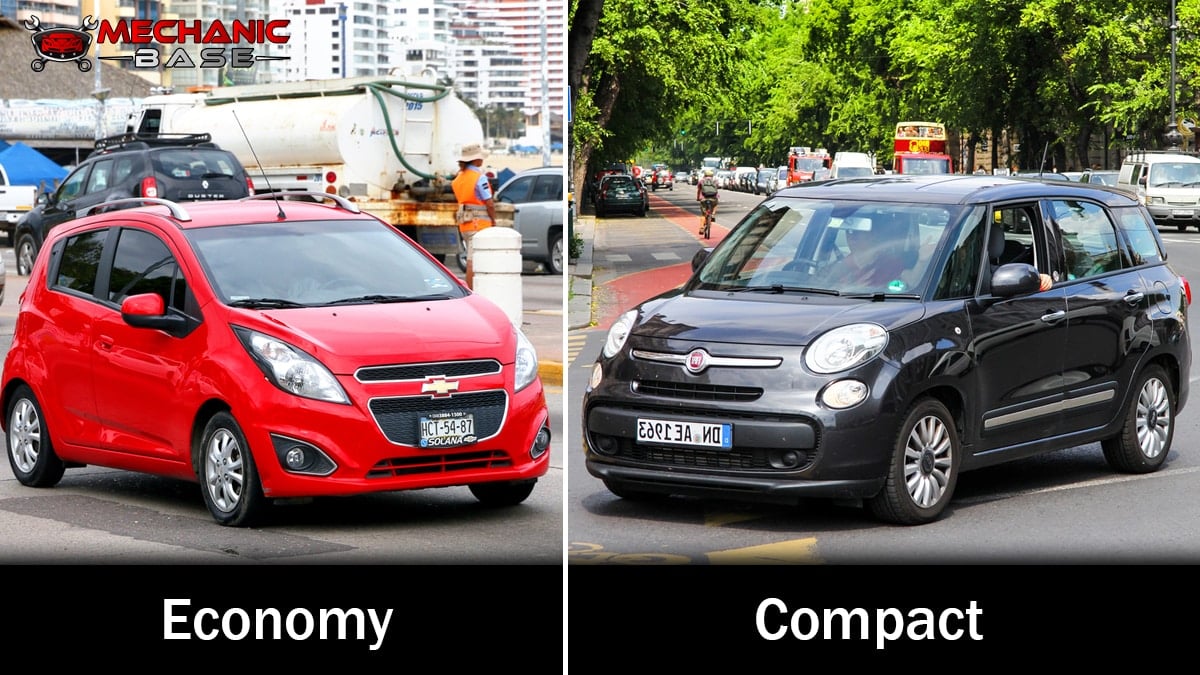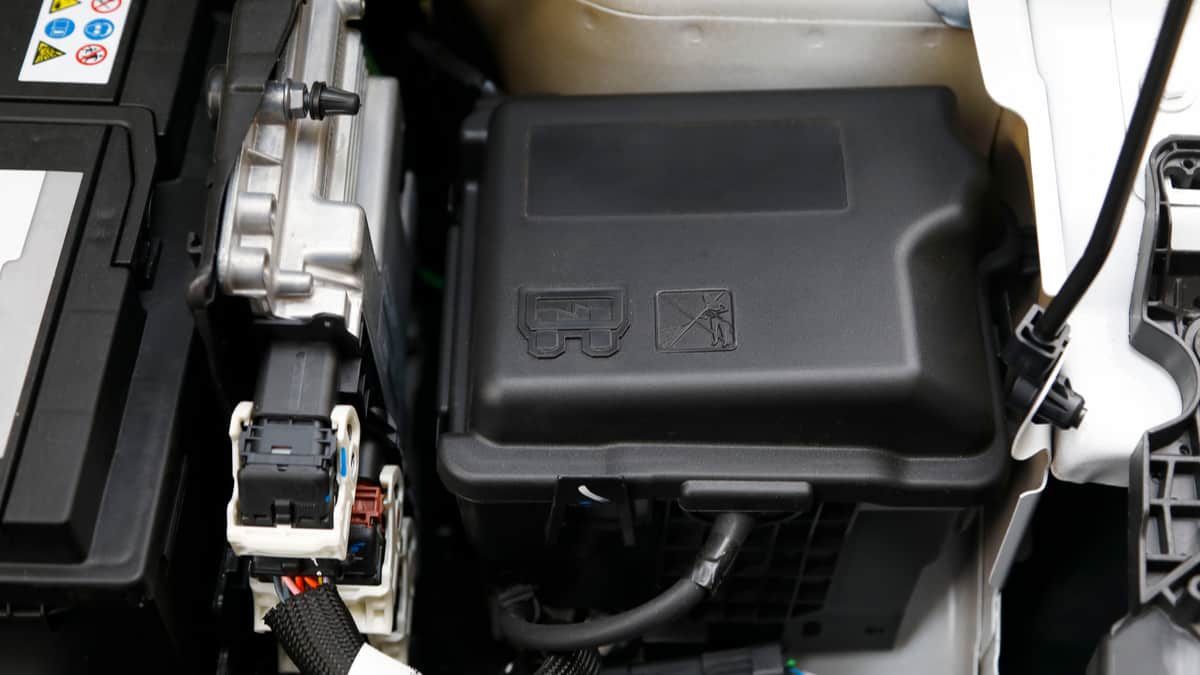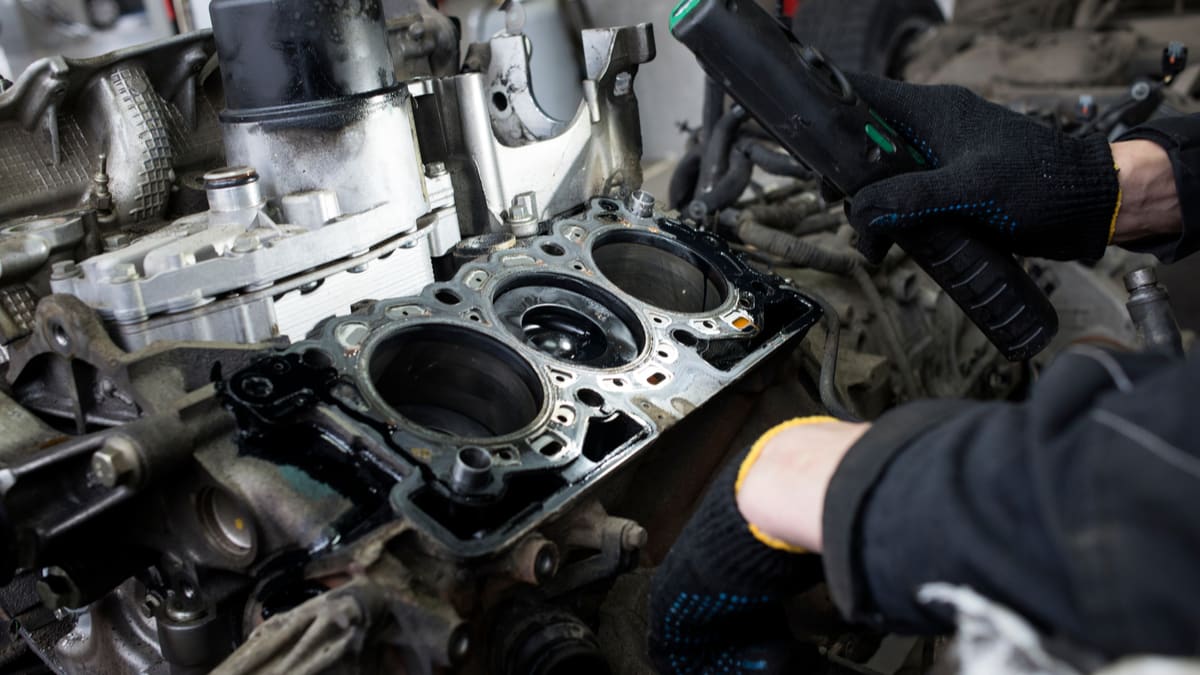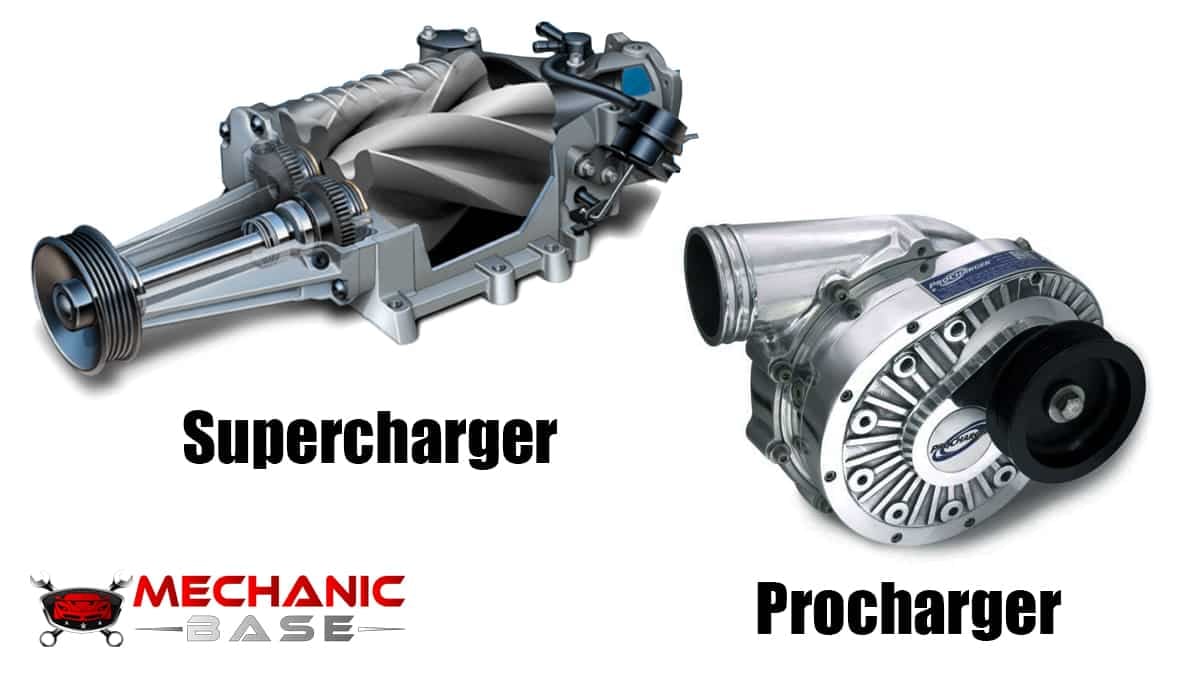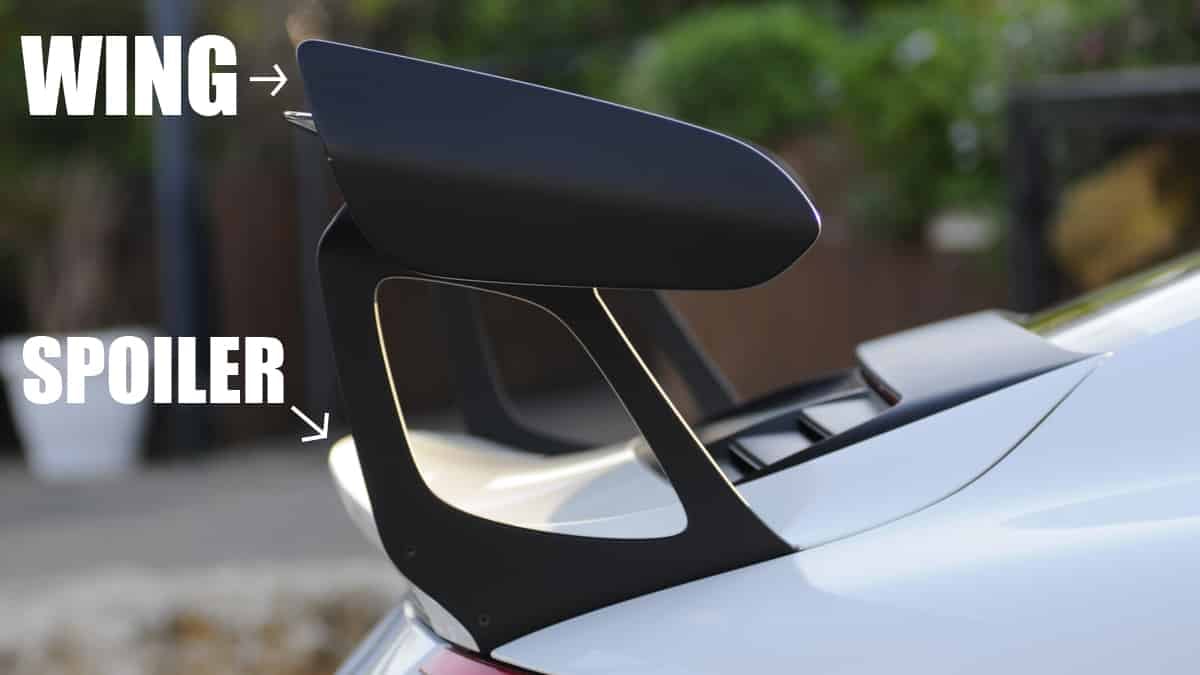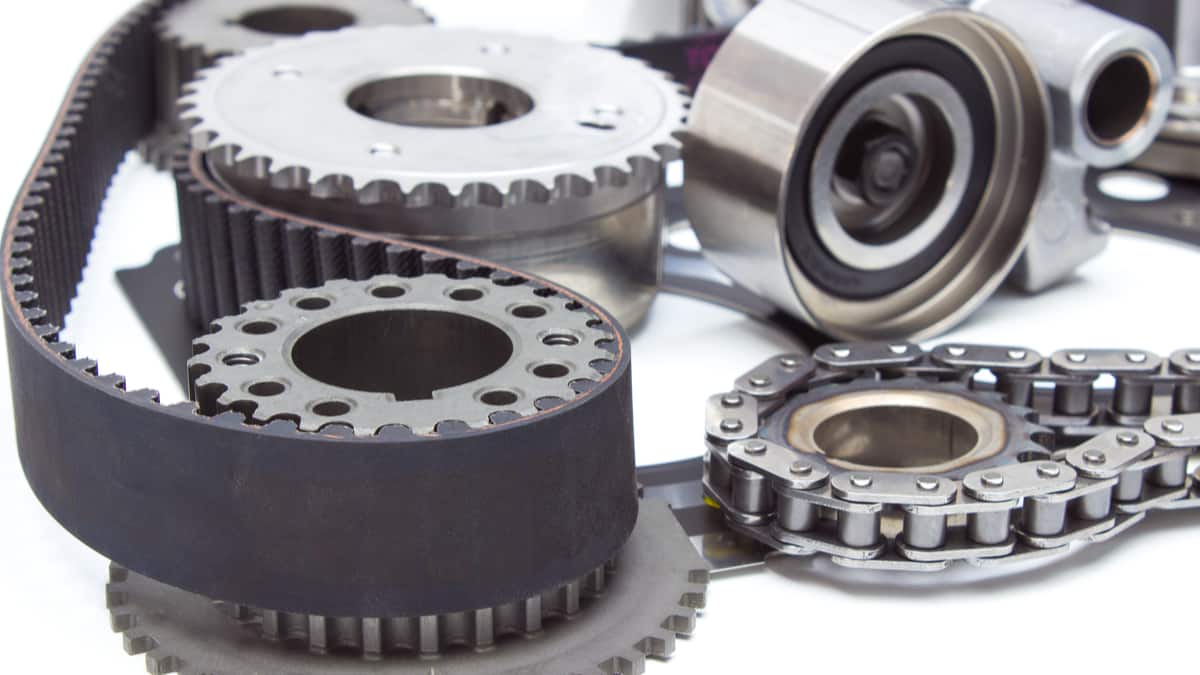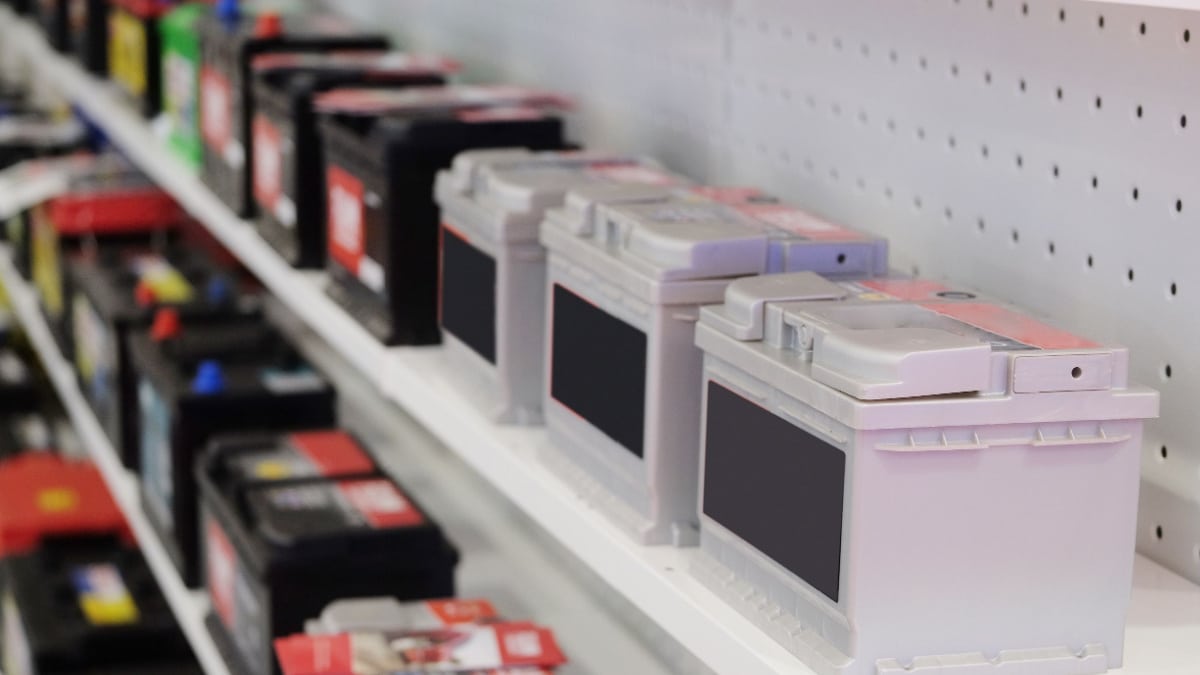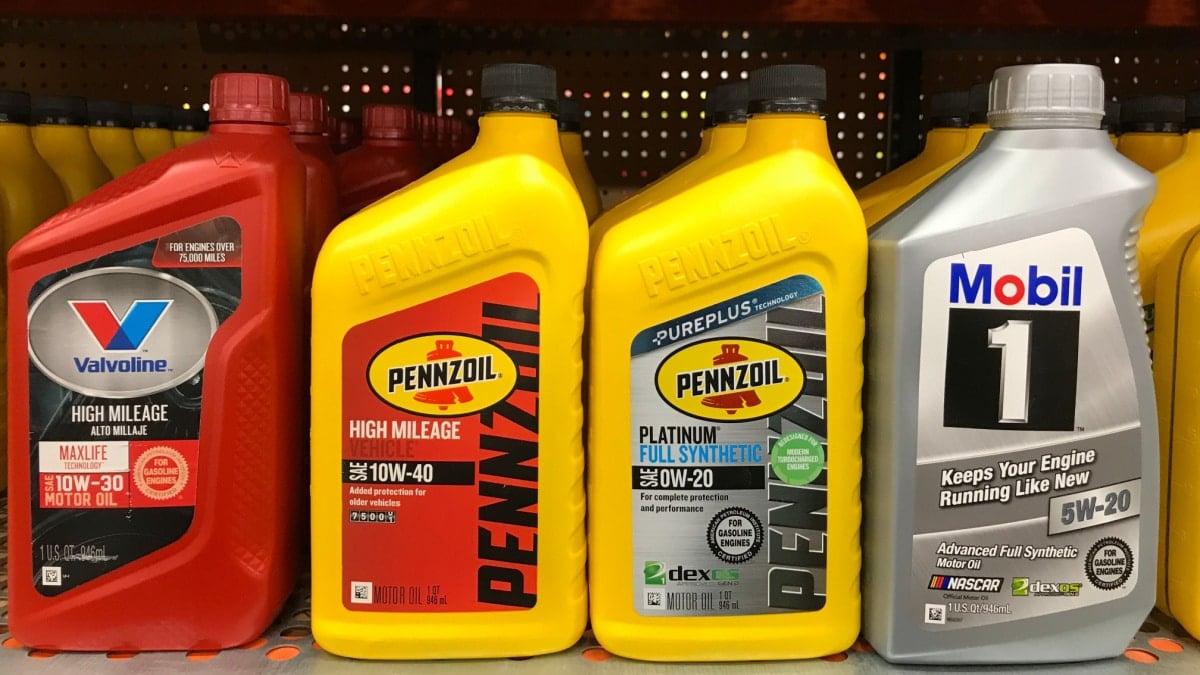When you take your car to the dealer for a repair, you probably know that it can get costly, especially compared to repairs in an independent shop.
The main reason why there is such a big price difference is because of the parts’ price. You will get OEM parts at the dealership, while at the smaller independent shop, you will get aftermarket parts in most cases.
But how big is the difference in quality, and is it really worth getting OEM parts instead of aftermarket parts?
Are OEM or Aftermarket Parts Better?
OEM parts are often of higher quality and better than aftermarket parts, while aftermarket parts are cheaper, but this doesn’t always have to be true.
You must know that there are many different aftermarket parts for different prices on the market. This means that there are aftermarket parts that are just crap, and there are parts from the same factory as the OEM parts.
From my experience working with cars for over 10 years, I have seen that aftermarket parts can sometimes be more expensive than OEM parts.
I have also seen several times when comparing OEM parts to aftermarket parts that they are from the same manufacturer; the only difference is that they removed the original car brand logo from the aftermarket part.
However, in general, OEM parts are often more expensive and of higher quality. Let’s find out some more differences between them:
Aftermarket Parts Pros
- Cheaper: Aftermarket parts are often cheaper than OEM parts. Sometimes aftermarket parts can be more expensive, though, so check it carefully before purchase!
- Potentially High Quality: Even if you think that Aftermarket parts are of worse quality than OEM parts – they can often be made by the same manufacturer. The only difference is that the aftermarket part is not stamped and quality checked by the OEM manufacturer.
- Variance: There are literally hundreds of manufacturers that make aftermarket parts, so you have virtually unlimited choices.
- Availability: The best thing about aftermarket parts is that they are effortless and fast to buy. You can often go to the closest auto part store to get them within hours, and you do not have to order them and wait for them several weeks to arrive.
OEM Parts Pros
- Straightforward selection: All you need to do to get an OEM part is go to a dealer and ask for the specific part you want to buy. All car parts are assigned a code from your VIN, so you have no chance of getting a faulty part, which can often happen when you buy aftermarket parts.
- Assured quality: The manufacturer of OEM parts must comply with the quality standards set by the industry. Therefore, all their parts are, without doubt, free of defects. You can buy a part without worrying about its quality and performance in the future.
- Car’s Warranty: If you have a newer car and still have a warranty on it, you need to install OEM parts for your car to continue the warranty sometimes. The dealer often needs to replace the parts, so check this carefully before you repair your car yourself.
- Part Warranty: OEM parts do often have a slightly better warranty than aftermarket parts. Aftermarket parts do often have warranties, though, so check this before purchase.
Should I Choose OEM or Aftermarket Parts?
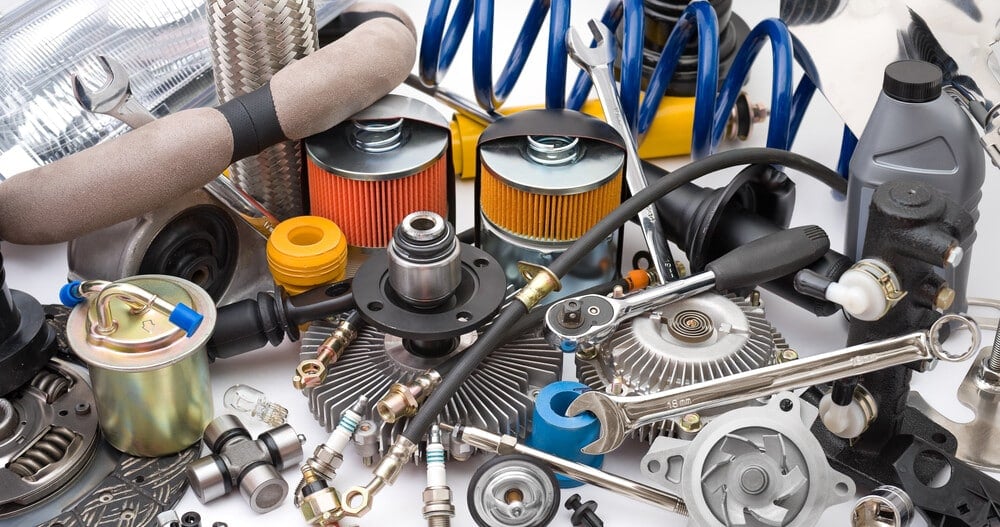
The answer to this question depends on your situation and car model a lot. If you have a newer car with the warranty still left or a leased car, you definitely want to choose OEM parts.
Delivery time: It does also depend on how much in a hurry you are. Ordering OEM parts can often take some time, and if there are aftermarket parts accessible, it can be worth getting your car repaired with aftermarket parts if you are in a hurry.
Price: You also have to look at the OEM parts’ price tag versus the aftermarket part. As I mentioned earlier, I have seen that aftermarket parts are more expensive than OEM parts, and in this case, there is really no reason to choose the aftermarket part; other than the delivery time.
Value of the car: If you do most work yourself on the vehicle and have an older car, not worth spending too much money on it can definitely be worth looking at aftermarket parts for your car.
Part Type: If you are looking for parts for the car’s body, like fenders, it is definitely better to get OEM parts. You must get the right part in these cases, as an aftermarket part may not perfectly match your car. This depends on the aftermarket manufacturer, though, however with OEM parts, you know that they will always fit 100%.
Insurance: Finally, there is the question of insurance. Some insurance companies prefer only OEM parts, as they ensure that your car works to factory specifications. However, some insurance companies prefer aftermarket parts because they are cheaper. You need to check your contract thoroughly with such insurers.
Are OEM parts better than aftermarket?
OEM parts or most often of higher quality or had stricter inspections of the part. Sometimes OEM parts and aftermarket parts come from the same manufacturer, though.
Is it OK to use aftermarket car parts?
It is OK to use aftermarket car parts, depending on what manufacturer you want to buy them from. The cheapest aftermarket parts are mostly crap and definitely nothing you want to install on your car. Higher-priced aftermarket parts can be of high quality.
Does insurance pay for aftermarket parts?
Some insurance companies do only accept OEM parts, while others do actually prefer aftermarket parts because of the lower cost of repairs. Check your insurance documents for your specific insurance company.
Do Aftermarket Parts decrease the car’s value?
It can decrease the car’s value if the buyer is a really meticulous type. In most cases, it will not affect the value of the car, though.
Categories: General, Maintenance
